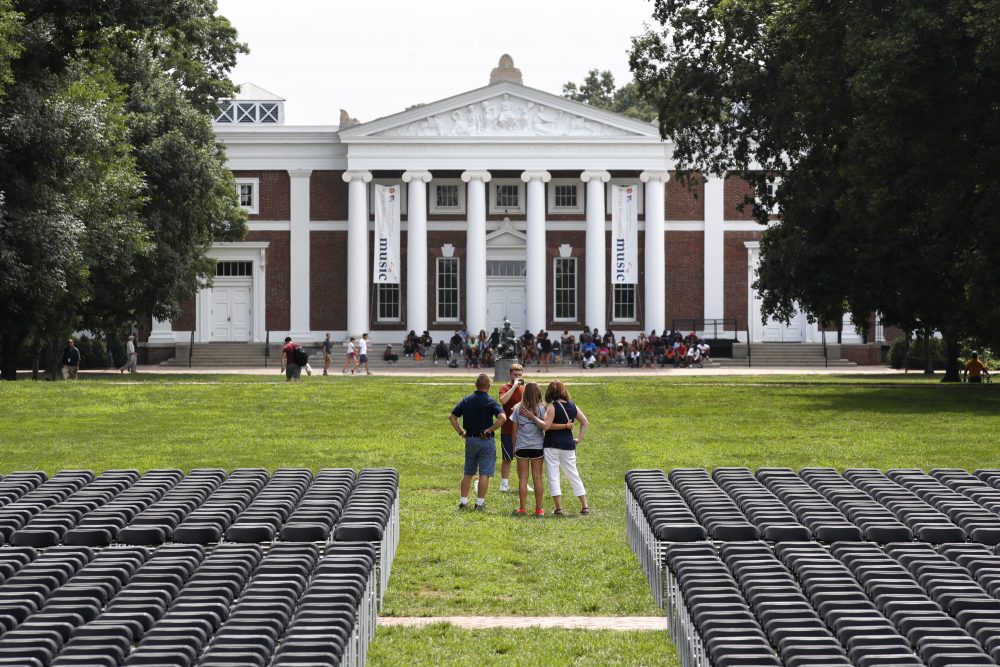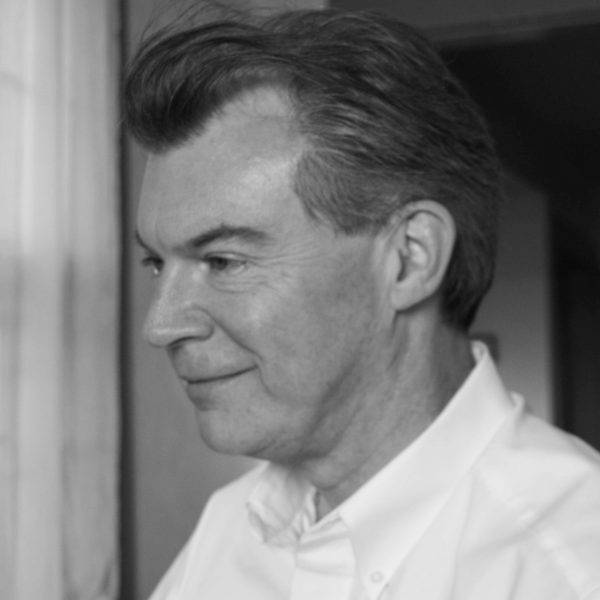Advertisement
Commentary
The Letter I Wish A College President Would Write

A lot of my life has been spent in and around small colleges. I went to one; I work at a scholarly press based in one; I’m a trustee of one; and I help to lead a consortium of more than 50 small colleges that are working together to create new ways of doing scholarly publishing.
So I’ve seen a great many examples lately in the genre of letters written by college presidents to entering classes. They are often admirable, and sometimes elegant, efforts to deal with the awful events of the late summer on a college campus in Charlottesville.
But I’m also a onetime college chaplain. And I can’t help but notice that in many of these letters there is a kind of wrestling that happens with an underlying difficulty; colleges have long since given up on taking belief seriously, and yet the principles we feel students must be reminded of and rededicated to are, in the end, statements of belief.
This has made me think about the letter I wish I’d read from a college president in these opening days of the new academic year…
Dear members of the X College Community,
Today we begin the college's ___th academic year. I eagerly await the discoveries, the ideas, and the accomplishments that this year will bring to our campus.
We begin this year as well at a moment in which our nation has been reminded of the tremendous challenge of its founding ideals. Those ideals were first expressed in these words: “We hold these truths to be self-evident, that all men are created equal, that they are endowed by their creator with certain unalienable rights, that among these rights are life, liberty, and the pursuit of happiness.”
Those words were written by Thomas Jefferson — a man from Charlottesville, Virginia. Those who, by solemn action, adopted them as the first principles of what would become the United States cannot be credited with understanding how powerful those words would prove, how they would work themselves out over the difficult and imperfect practice of the decades, and how they would stand as a beacon of hope for people all over the world. But they have, and they do.
We here at X College are a community of the mind. That means we support the freedom of inquiry and expressions in all its forms, and we will defend that freedom even when its exercise causes us discomfort and pain. We cannot deny to others what we would demand for ourselves — the right to inquire, the right to question, the right to express, the right to abide by the demands of our conscience.
Because our nation has these founding ideals, we will ever struggle with the tension between their demands and the freedoms they assure. Our ideals say that all people are created equal; our insistence on freedom means that all forms of expression are permitted, even those that question our founding ideals.
We need to be clear that those who stand for the idea that differences between humans may be defined in terms of race are expressing a view fundamentally opposed to our founding commitment to equality. It is, on those terms, plainly and simply an anti-American idea.
But it is important to say one thing more here. When the nation’s founders declared that first and fundamental commitment to the equality of all people, they were not stating a matter of evidence, or drawing a conclusion from available data. Indeed, as we well know, many of them were not conducting their own lives in ways consistent with the force of that idea. And if we considered the question merely on the basis of data and evidence, it would be hard for us to justify the position that all people are equal; we all have different capabilities, different skills, different strengths, different identities.
The point here is that the idea of the essential equality of all people, that core idea of our country, is ultimately a statement, not of knowledge, but of belief — of faith in the equal dignity, the equal possibility, the equal sacredness of all people. Asa Mahan, the founding president of Oberlin College, expressed this idea beautifully as the idea that all people have “intrinsic worth."
It is not possible on the basis of evidence to prove this proposition. We can only state it as a matter of principle, and hold to it as a belief. Holding onto any belief demands discipline; it means, as Saint Paul wrote to the Romans, the ability to have hope in things that you haven’t been given evidence for. That is never easy. In our own day it’s pretty countercultural.
Our purpose at X College is to be a place in which we develop and strengthen the capacity of our students — and indeed of all people we serve — to be people of both knowledge and belief. We want you to have the tools of critical thinking, and we want you to have the capacity for belief — and we want you to be able to distinguish between those two things.
We do not presume to tell you what to believe. But we are clear that our purpose is to prepare you for the responsibilities of citizenship, and we are certain that our democracy depends on people who have both the tools of critical thinking and the capacity for belief. After all, if we lack that ability, we will not be able to believe in each other; and that turns out to be crucial to well-functioning democracy.
Doing this well is never easy. I mentioned Oberlin's Asa Mahan, a man of both thinking and belief, and that college's first president; but never forget that the discipline with which he held to his own beliefs meant that he ended up losing friends and his job because of it. Yet we are committed here at X College to help each other do both things better, every day. I can’t think of a better place to be, or a more important task in which to be engaged.
Welcome to campus. Let’s get to work.
